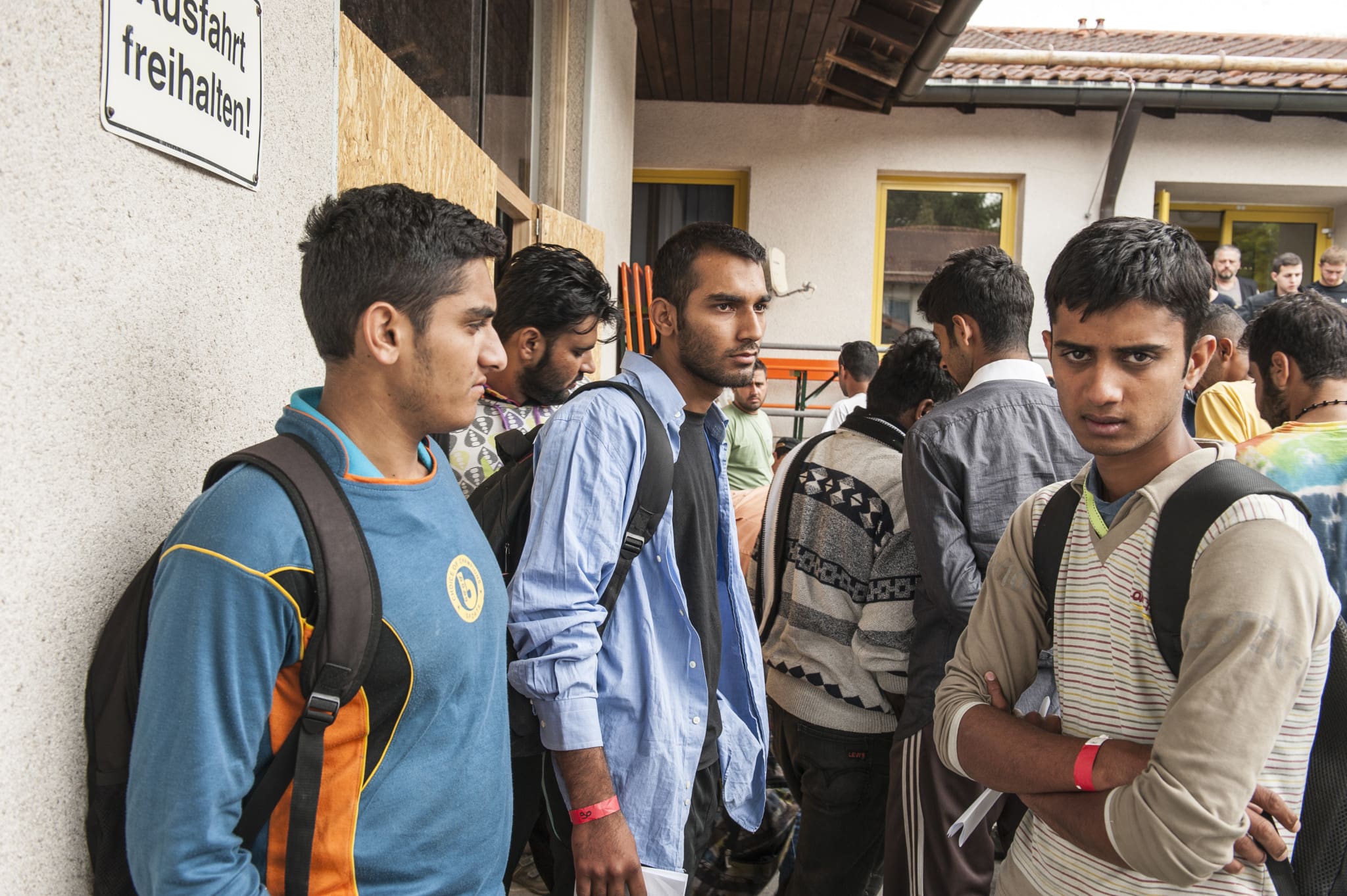Accommodation spots and assistance in Germany intended to be offered to Ukrainians fleeing the Russian invasion are inadvertently being taken by prospective asylum seekers already living in Germany despite already being registered for asylum in other countries across Europe.
German broadsheet Die Welt recently reported that 43,041 asylum applicants, who had already lodged their application in Greece, are now occupying spots in reception centers across Germany, causing administrative chaos for authorities attempting to triage genuine war refugees over economic migrants.
CDU/CSU politicians questioned in parliament why, when reception capacities were already scarce before the war in Ukraine, the federal government was opting to house tens of thousands of people who had already found protection and had their asylum claims processed in another safe European country.
[pp id= 30569]
The situation could be even worse than first feared with government officials, in response to a parliamentary question on the issue, claiming it was “not possible” to ascertain how many already-processed applicants from other European countries apart from Greece were now being cared for by Europe’s largest economy.
“The mere fact that the government neither can nor wants to name the size of this problem speaks volumes,” claimed Alexander Throm, the domestic policy spokesman for the CDU/CSU in the Bundestag.
The CDU politician hit out at left-wing federal Interior Minister Nancy Faesar (SPD) for the government oversight, calling on her to “finally stop the thousands of abuses of the right to asylum by submitting new applications in Germany.”
“If the question of the actual need for protection continues to lose importance, it will be at the expense of the weakest in the long term,” Throm added.
[pp id=21329]
Every year, thousands of illegal migrants enter the EU through safe countries like Spain, Greece and Italy, where they are supposed to register for asylum. While the German government has released data about asylum registrations from Greece, it is unclear how many migrants who live in Germany were first registered in other countries like Spain and Italy. Although these migrants are no longer threatened with war in these Mediterranean nations, many of them still seek out economic opportunities and more generous social benefits in countries like Germany and Sweden. The majority of these migrants are young men from Middle Eastern and African countries, while the overwhelming majority of Ukrainians are women and children.
Germany also has a long-standing issue over its inability to deport asylum applicants to the EU countries they first entered due to the fact that there is often no record of them in the EU databases.
In 2021, more than 35,000 asylum seekers across Germany were missing from the Eurodac database, a system used to identify asylum seekers across Europe, to provide an international comparison of fingerprints with the aim of preventing multiple applications in different countries.
However, the German federal government even appears to have difficulty with removing those who are registered due to either insufficient or unenforced legislation, and the conservative opposition claims this “implementation deficit” on repatriation of asylum applicants from other countries is contributing to the “blocking of reception capacities that are needed by refugees from Ukraine, and this has an impact on the existing housing shortage.”





